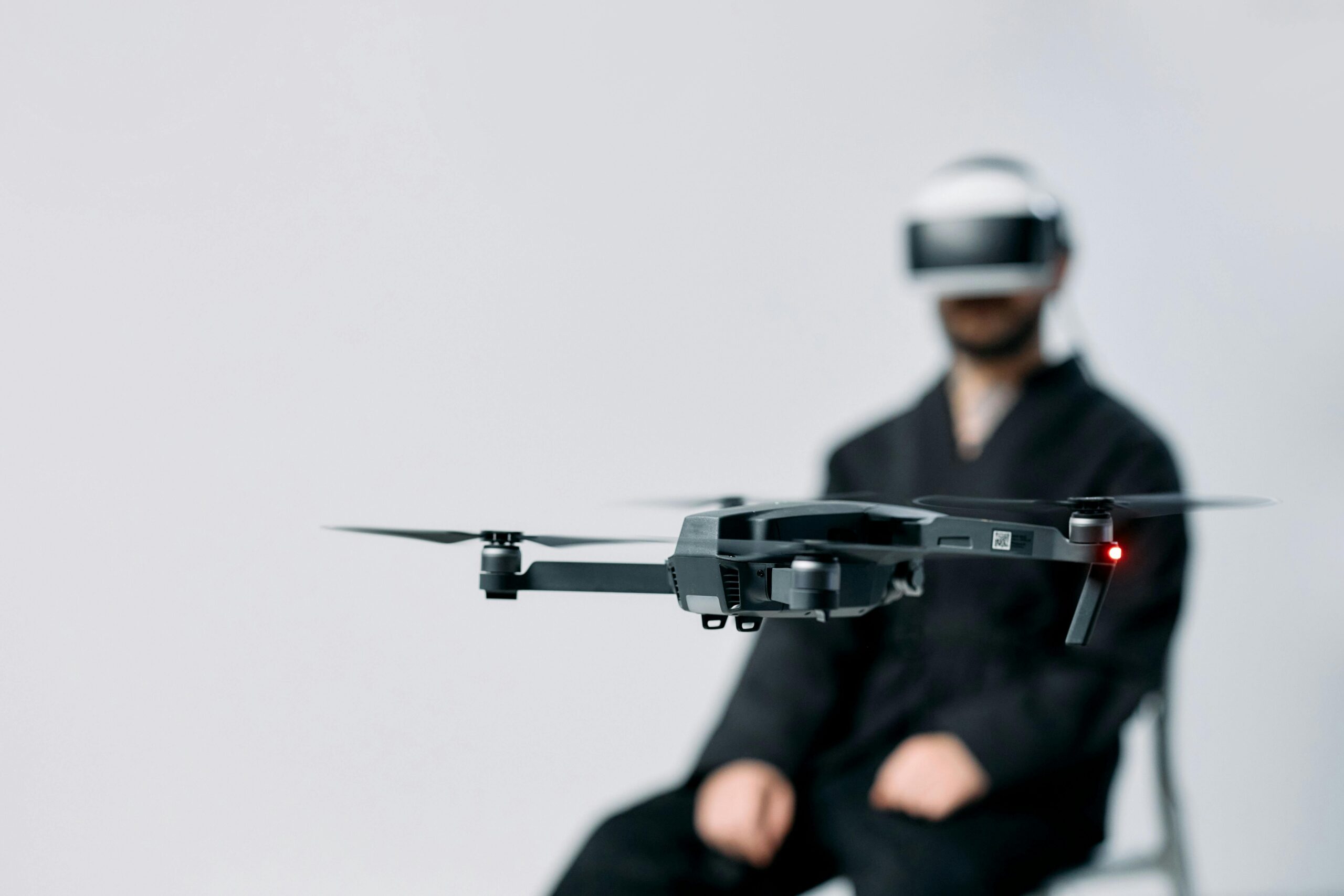Tech Trends 2025: Wearables, VR, and the Future of Personal Health Monitoring
Technology has transformed nearly every part of our lives, but one of the most exciting frontiers is personal health. From smartwatches to virtual reality headsets, innovation is giving people unprecedented tools to monitor, manage, and improve their well-being. As we move into 2025, wearables and VR are not just gadgets—they’re becoming essential companions in the quest for healthier living.
The Rise of Wearable Health Tech
Wearable technology has moved far beyond simple step counters. Modern devices now track heart rate variability, oxygen saturation, sleep cycles, stress levels, and even early signs of illness. Fitness trackers and smartwatches are increasingly being used not just for exercise, but for preventive healthcare.
In 2025, we can expect even more advanced features:
- Continuous Glucose Monitoring – Without the need for needles, wearables will help people with diabetes and those tracking metabolic health manage blood sugar more effectively.
- Blood Pressure Tracking – Non-invasive monitoring will provide daily insights into cardiovascular health.
- AI-Powered Insights – Devices will not only collect data but also analyze it in real time, offering personalized recommendations for diet, exercise, and stress management.
These tools empower individuals to take charge of their health, catching potential issues before they become serious problems.
Virtual Reality and Health
While wearables are about measurement, virtual reality (VR) is about experience. VR technology is emerging as a powerful tool for healthcare and fitness. Imagine putting on a headset and being transported to a calming beach for a guided meditation, or joining a virtual gym class with friends from around the world.
Applications of VR in health include:
- Pain Management – VR experiences can distract patients from pain during medical procedures or chronic illness management.
- Mental Health – Immersive VR therapy sessions are being developed to treat anxiety, PTSD, and phobias.
- Rehabilitation – Patients recovering from strokes or injuries can practice movements in gamified VR environments, making therapy more engaging.
- Fitness and Exercise – VR workouts combine gaming with fitness, turning exercise into an immersive adventure.
By 2025, VR will likely be integrated into mainstream wellness routines, making health practices more interactive and engaging.
The Power of Data and Connectivity
The true potential of wearables and VR lies in connectivity. With 5G networks and cloud-based platforms, personal health devices can share data seamlessly with healthcare providers. This means doctors can monitor patients remotely, catching health concerns early and reducing the need for in-person visits.
AI-driven platforms will analyze vast amounts of health data, providing predictive insights. For example, your smartwatch might detect subtle patterns in your heart rate and notify your doctor before a serious condition develops.
Opportunities and Challenges
While the future looks promising, there are challenges to consider:
- Privacy Concerns – Health data is sensitive, and ensuring it’s securely stored and shared is critical.
- Accessibility – Advanced devices may be expensive, creating inequalities in who can benefit.
- Over-Reliance on Technology – While helpful, wearables and VR should complement—not replace—professional medical care.
Businesses in the health tech space must address these challenges to ensure that innovation benefits everyone.
Looking Ahead
The convergence of wearables, VR, and AI is creating a new era of personal health monitoring. By 2025, individuals will have more control, more data, and more engaging tools to improve their well-being. From tracking vital signs to stepping into immersive therapy sessions, the way we manage health is becoming more proactive, personalized, and interactive.
The future of personal health monitoring is not just about technology—it’s about empowerment. Wearables and VR give individuals the tools to better understand their bodies, make informed choices, and enjoy healthier lives. As these innovations continue to evolve, they hold the promise of not only extending life but also enhancing its quality.
In 2025, health tech will no longer feel futuristic—it will be an everyday companion guiding us toward stronger, healthier, and more mindful living.







